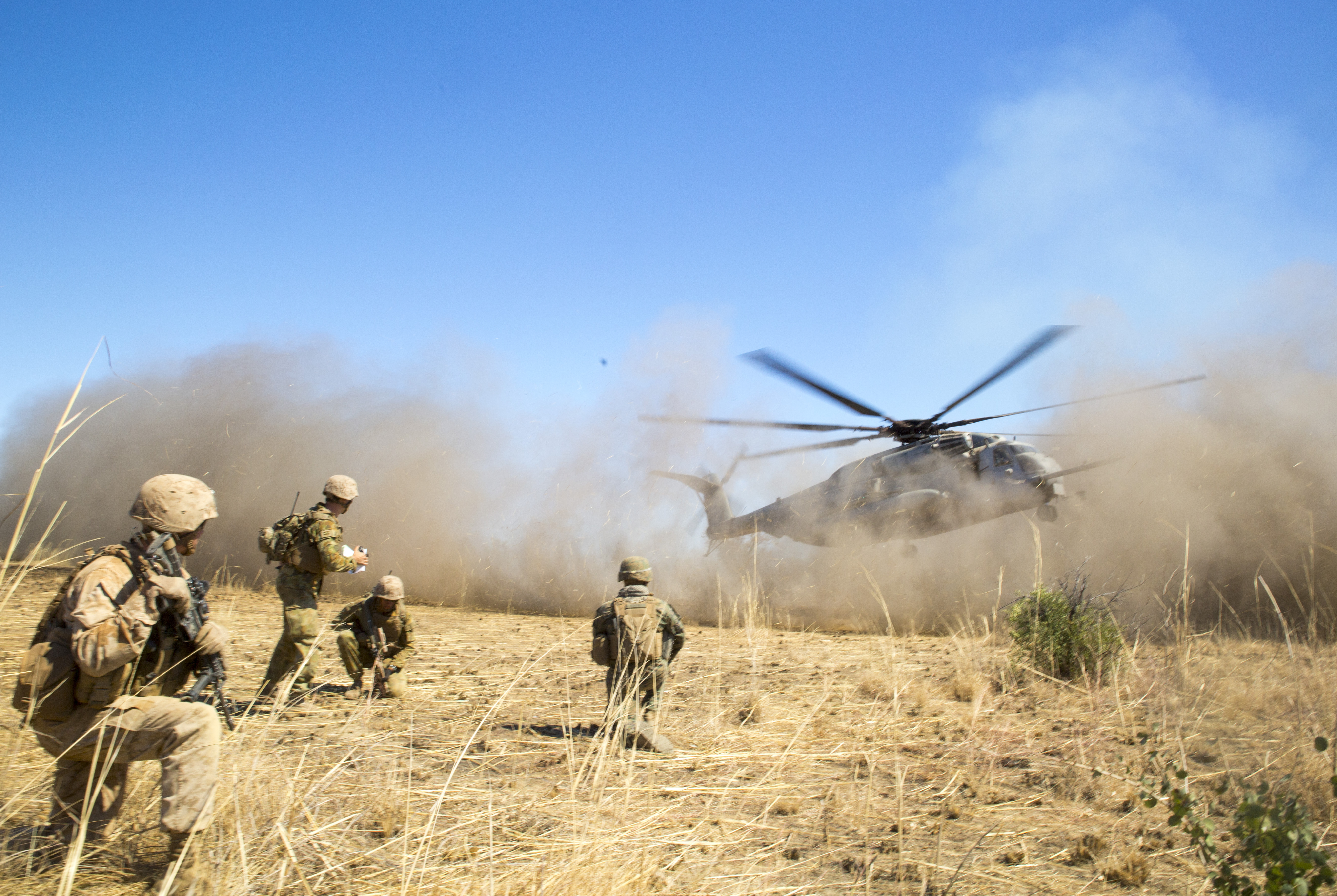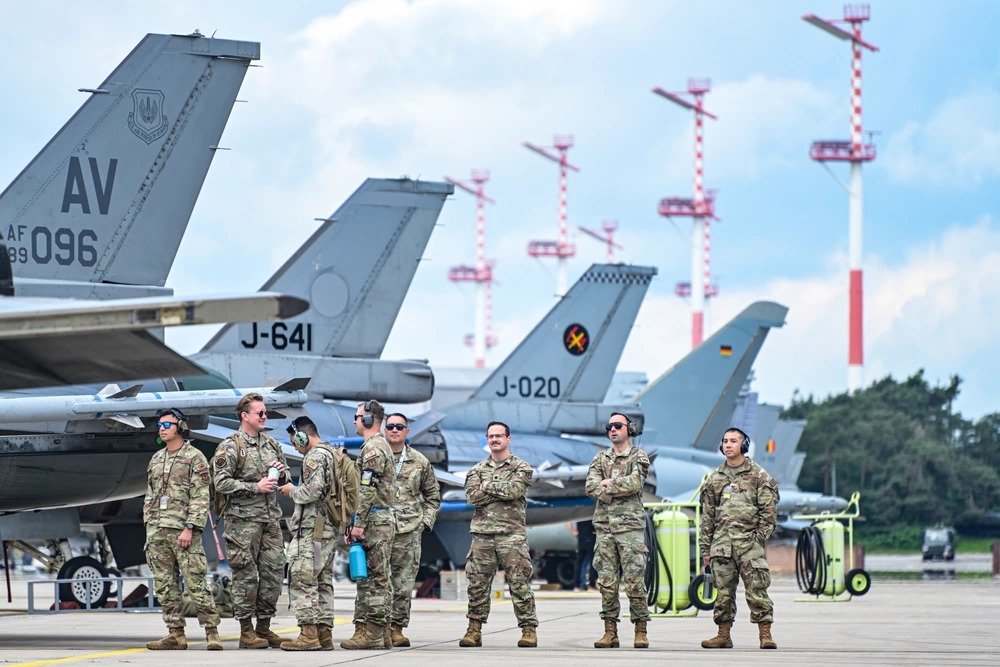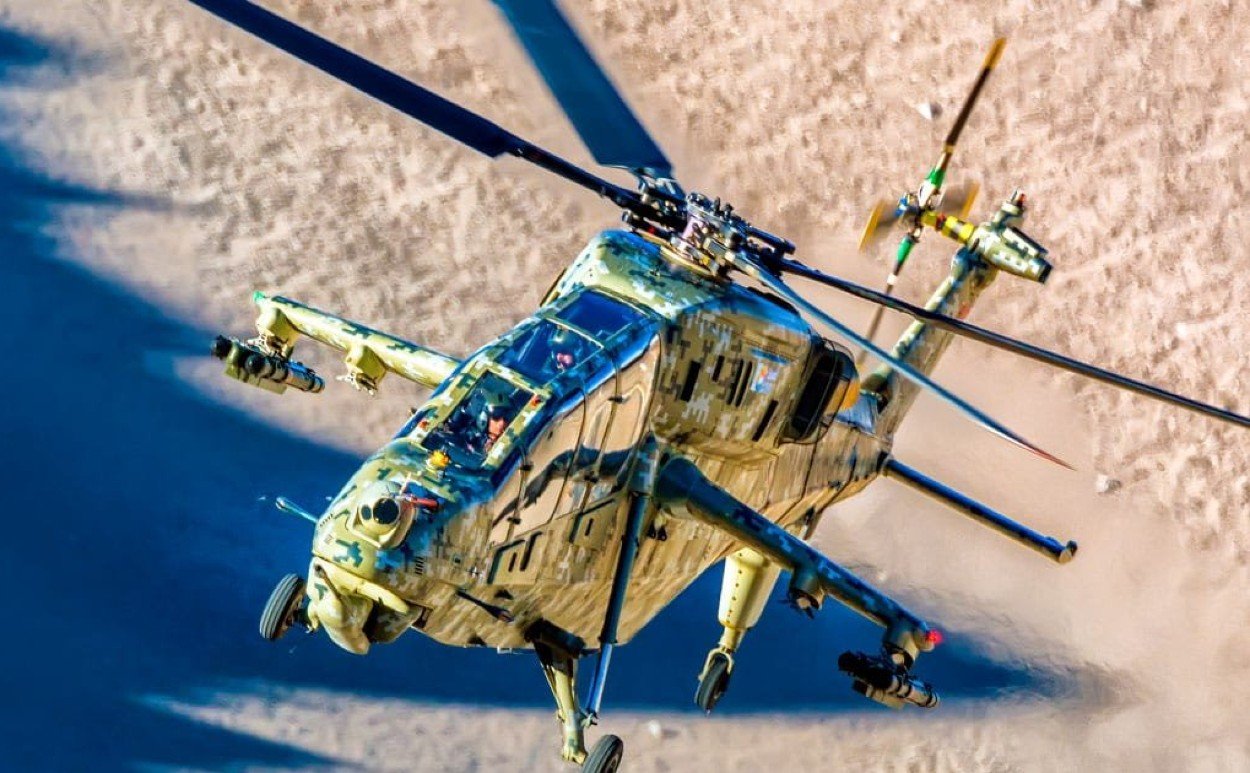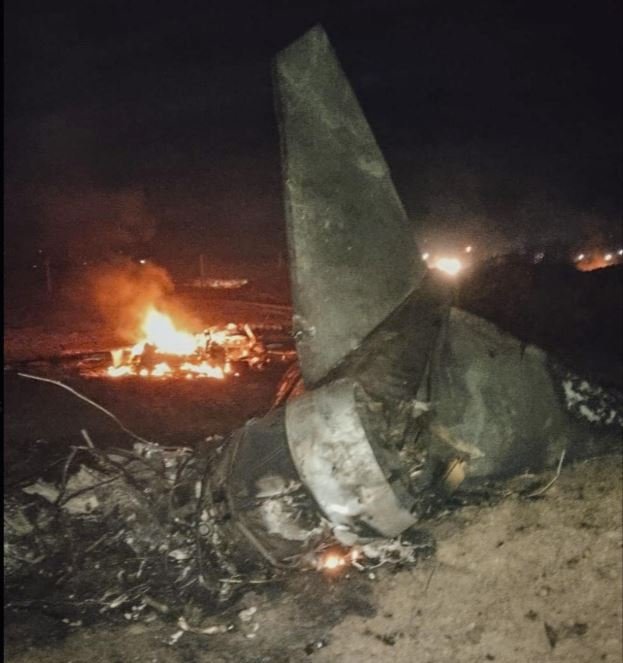Ahead of Australia’s federal elections scheduled for May 2025, both the incumbent ruling party and the opposition have pledged to bring back the ‘Port of Darwin,’ leased to a Chinese company for 99 years, back to Australian ownership.
Chinese private firm Landbridge won the bid for a 99-year lease of Darwin Port in Australia’s strategically vital Northern Territory in 2015.
Valued at US$506 million, the deal later came under scrutiny, with several office bearers and security experts expressing concern about China’s control of a port in Darwin, which is home to several key military bases, ammunition, and fuel storage facilities, as well as American troops.
While Country Liberals signed the deal to lift the Northern Territory out of financial duress and facilitate economic growth, it was flagged as a policy blunder amid reports that the company has close ties with the Chinese Communist Party. Even Barack Obama expressed his disappointment to the then-Prime Minister Scott Morrison.
Despite the uproar, the Australian Defense Department stated that the contentious agreement had been approved after a study of operational and strategic risks, such as port shutdown, cyberattacks, intellectual property theft, and infrastructure degradation. Australian Security Intelligence Organisation (ASIO) also did not see a threat at the time.
As the controversy continued to fan flames, Scott Morrison hinted in February 2022 that he was mulling the option to pull the plug on the Port of Darwin deal if advised by the Security and Intelligence agencies to do so. However, Morrison was replaced by Anthony Albanese shortly after, and the port has remained under Chinese control.
As the country goes to the polls on May 3, 2025, both the ruling Labor Party and the opposition Liberal-National Coalition (LNP), popularly known as the Coalition, have pledged to negotiate a deal with the Chinese company and bring the port back.
But before we discuss what Australian politicians are saying, the EurAsian Times explains why the Port of Darwin has become a controversial issue.
What Is The Issue?
The ownership of a key Australian port is concerning, especially since Canberra considers China the biggest threat to its security, as indicated in its Defense Strategic Review. Darwin is located in the Northern Territory of Australia and represents a very strategic asset in the Pacific Ocean.
The Northern Territory, in general, is home to critical Australian Defense Force operational bases, intelligence, surveillance, and reconnaissance assets, as well as training facilities. Darwin, in particular, hosts three military bases: Royal Australian Air Force (RAAF) Base Darwin, Larrakeyah Defence Precinct, and Robertson Barracks.
Due to its strategic location, Darwin could play a crucial role in the event of a conflict in the Indo-Pacific between the United States (Australia’s closest ally) and China. Several military analysts and officials predict that a potential Chinese invasion of Taiwan could end up in a bigger war involving the American military.

The US currently has a huge air asset presence at Andersen Air Force Base in Guam. The 18th Wing at Kadena Air Base, Okinawa, Japan, is the largest U.S. military installation in the Asia-Pacific and the largest wing in the US Air Force (USAF). It also has access to nine bases in the Philippines, which can be used in a conflict against China since the two allies have a Mutual Defense Treaty (MDT) in place.
However, China could eliminate these frontline bases using long-range ballistic missiles, which has prompted the US to look for more military bases in the Indo-Pacific region. Australia has never explicitly stated that it would join a conflict in Washington’s support. However, if it did, the military bases located in Darwin could be used as a launch pad for American fighter jets and bombers.
The distance between Darwin City and the South China Sea is a little over 3,500 kilometers. Additionally, Darwin is roughly equidistant between India and Japan and US forces in Korea and Japan. In case of a contingency, this might serve as a focal point for core Indo-Pacific forces to congregate and train quickly.
This is why this small Australian port city has emerged as the center of the US-Australian alliance. The US has solidified its presence in Darwin by making mammoth investments, including a fuel station at Royal Australian Air Force (RAAF) Base Darwin, which was completed in 2023.
This facility is in addition to two more fuel storage tanks built at the base. The US has likely been building these facilities to aid the operation of its warplanes stationed at the Darwin military base amid a burgeoning China threat.
Australia, too, has launched efforts to fortify the region, poured more troops at Darwin, and significantly expanded military facilities in the region.
The presence of Australian and US troops makes China’s control of a key port in the region a risky affair. Australian lawmakers have long expressed alarm that the Beijing-linked corporation might gain access to sensitive military activities, including US military fuel storage.
Previous reports also indicated that the US fuel storage facility will be linked via a fuel pipeline to the Port of Darwin. This has triggered fears that the Chinese company could cause disruptions in the event of a conflict.

Moreover, there are concerns that Landbridge might have ties to the Chinese military. Though there is no evidence to prove this, several Chinese companies globally (such as Huawei) have been accused of conniving with the Chinese Military to steal military technology and secrets.
The mistrust has deepened as China has been making concerted efforts to expand its military presence in the Southern Pacific by forging ties with Pacific Island Countries.
Australian lawmakers have pledged to bring the port back under Australian control because of this persisting security threat, along with a rapidly deteriorating relationship between Canberra and Beijing.
Bringing Darwin Port Back?
The Coalition stated that it would force the Landbridge Group to sell the port back to an operator approved by the Australian government. However, if that does not work out, it would compulsorily acquire it and compensate the Chinese-owned company.
It further stated that the Northern Territory government and representatives from the Departments of Treasury, Finance, Defense, and Infrastructure will collaborate with a specialist commercial adviser to identify potential new operators.
The Coalition plan also set a deadline for the plan. If a private lease is not found within six months, the Coalition (if elected) would acquire the port using its special acquisition power.
On the contrary, the incumbent Prime Minister, Anthony Albanese, told ABC radio on April 4 that his government is also looking for a private buyer, especially through superannuation funds, to terminate the US$506 million contract with Landbridge to manage the key facility in Australia’s north.
“That is what we’ve been doing informally, through potential buyers up to this point already, and if it reaches a point where the Commonwealth needs to directly intervene, then we’d be prepared to do that.”
The two sides also launched scathing attacks against each other over the issue. A Coalition spokesperson said Mr. Albanese’s declaration “is another demonstration of a prime minister who has had three years to act in Australia’s national interest and didn’t.”
In return, Mr. Albanese said that Peter Dutton (who served as the National Security Advisor to the former Liberal government and is now the Leader of Opposition) would “pretend” that the initial agreement in the Northern Territory “had nothing to do with the LNP federally, and will just blame the former Northern Territory government.”
“The CLP (Country Liberal Party) should’ve never flogged it off,” Mr Albanese told ABC Radio Darwin. “We want it to be in Australian hands,” he said.
Peter Dutton said he disagreed with the advice he received as defense minister that there was no need to take action about the port’s lease to a Chinese-owned corporation, and is ready to take back Darwin now.
“Clearly a mistake was made many years ago about the lease and how that was undertaken by the then-territory government,” the former Defense Minister noted. “But that is the past, and we need to deal with the strategic circumstances that we face at the moment.”
It is safe to say that the Port of Darwin has become a key national security issue in the country as the two sides scramble for votes. However, the Chinese company that currently owns the port has said rather categorically that the port is not up for sale, as reported by ABC News.
Terry O’Connor, the non-executive director of Landbridge, told ABC, “As far as the owner is concerned, there’s no intention to sell the port, and there’s been no negotiations around selling the port,” he said. “At this stage, there’s nothing that’s changing the current arrangement that we have.”
He further added, “We understand the politics that are being played out here. Our perspective is we’re a commercial organization in a legally binding contract, which involves us operating the facility for the next 90 years or so.”






